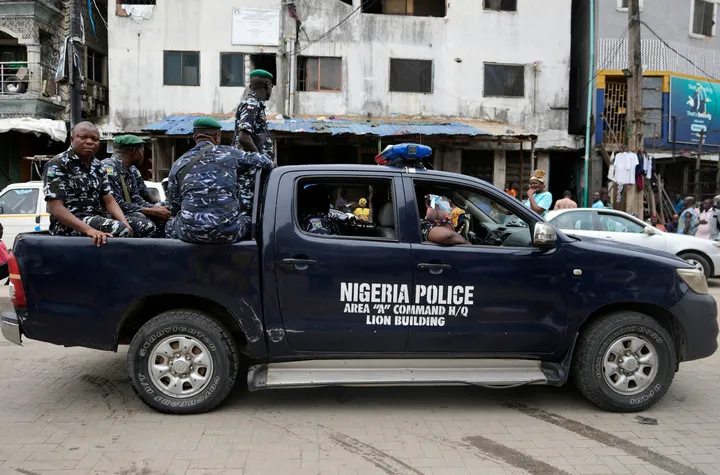Addameer, a Palestinian civil rights group, has been the last hope for many Palestinian prisoners convicted in Israel’s controversial military courts.
But it may cease to function soon, as Israel has declared it as a "terrorist" organisation along with five other nonprofits.
Since the early 2000s, Ramallah-based Addameer, which means ‘conscience’, has represented between 15,000 and 20,000 cases of Palestinian political prisoners.
“Addameer plays a crucial role. You have thousands of prisoners, many of them living in acute poverty and who do not have any other means of legal representation,” said Neve Gordon, a professor of international law and human rights, at the Queen Mary University of London.
“The major organisation that can find the loved ones when they are arrested and no one reports where they had been taken and later provides them with pro bono legal representation is Addameer,” he told TRT World.
On October 22, Israeli Defense Minister Benny Gantz declared the six Palestinian NGOs as terrorist organisations, accusing them of having some sort of link with the Popular Front of Liberation of Palestine (PFLP).
Israel, the US and European Union see PFLP as a terrorist group.
As international pressure mounts on Tel Aviv to reverse its decision, an Israeli delegation is meeting US President Joe Biden’s administration on Thursday to take it into confidence.
“Only direct instructions from the White House can force Israel to go back on its decision,” said Gordon. “But I doubt if that’s going to happen.”
Discredit them before a ban
The Israeli authorities have not imposed an outright ban on the six Palestinian NGOs, something that would have drawn severe international backlash.
Instead, Gordon said, Israel is trying to drain the NGOs financially by declaring them terrorist groups as it makes it harder for them to raise funds in the EU and other western countries.
“This is the last stage in the well-orchestrated campaign to stop Palestinian NGOs from both providing assistance to Palestinians on the ground and from channelling information from the occupied territories to Europe and elsewhere about the human rights violations being carried there,” he said.
Besides Addameer, the Palestinian NGOs in the crosshairs include the Union of Palestinian Women’s Committees, Bisan Center, Al-Haq, Union of Agricultural Work Committees and Defense for Children International - Palestine (DCIP).
The work they do
While global rights groups such as the Human Rights Watch (HRW) have a presence on the ground in Occupied Palestinian Territories (OPT) and Israel, they largely rely on local NGOs for vital information.
“In a way organisations like Addameer produce knowledge. They tell us how many prisoners Israel is holding at a given time, how many of them are children and women,” said Gordon.
Addameer and DCIP, which provides legal aid to under-age prisoners, are the only two non-profit organisations that deal with this kind of work.
Their work becomes even more critical because of Israeli military courts.
Israel regularly arrests students from West Bank universities such as Birzeit and An-Najah National University for participating in political activities.
Many of them are imprisoned for months under various military orders that prohibit even expressing a political view or distributing flyers against Israeli occupation.
Israel uses a different set of laws to treat Israelis and Palestinians. If a Palestinian resident steals, he’s tried in the military court while an Israeli has to answer before a civilian judge for the same crime.
Home to around 2.6 million Palestinians, the West Bank has been under Israeli military rule since 1967.
The military courts have tried around 800,000 Palestinians in the past five decades, according to the UK-based charity War on Want.
Israeli military commander-in-charge of the West Bank has discretionary powers to ban any organisation.
Around 400 Palestinian organisations and NGOs, including student groups, have been prohibited over the years by the military courts, where the conviction rate is almost 99 percent.
Even though Israeli military courts have no real legitimacy, their labelling of Palestinian groups as terrorist organisations has an international implication.
The military court verdicts often hinder the funding and lobbying efforts of Palestinian organisations in the EU.























